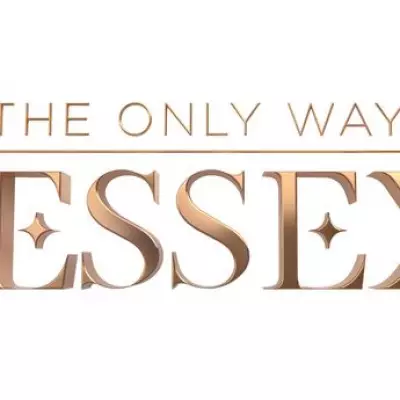
The founder of a new gay dating app is embroiled in a major controversy after it was revealed he deliberately concealed his own sexuality and presented himself as a married heterosexual man to secure investment for his business.
Simu Liu, the man behind the 'Luna' app, reportedly pretended to be a straight ally developing a solution for the gay community, a deception that helped him raise nearly £1 million from backers. The app has since gained significant traction, but its success is now overshadowed by the founder's admitted duplicity.
A Web of Deception
Liu's elaborate ruse included fabricating a wife and family life to convincingly play the part of a straight entrepreneur. This calculated performance was designed to win the trust and capital of investors who were unaware they were being misled about the very identity of the founder.
The revelation has sparked fury within the LGBTQ+ community and beyond, with many accusing Liu of exploiting a community he deliberately distanced himself from for personal and financial gain. Critics argue that his actions undermine the core values of trust and authenticity that are paramount in safe dating spaces for marginalised groups.
Success Built on a Lie
Despite the ethical firestorm, the Luna app itself has been a commercial success. It has attracted a substantial user base by offering a unique feature that allows users to see who has viewed their profile, a function that has proven popular enough to challenge established giants like Grindr.
However, this financial achievement is now deeply tarnished. The scandal raises profound questions about ethics in the tech industry, where the 'fake it till you make it' mentality can sometimes cross into outright deception.
Community Backlash and Broader Questions
The fallout has been severe on social media, with users and commentators expressing feelings of betrayal. The situation poses a difficult question: can a product built for a specific community be trusted when its creator hid his own membership of that community?
This incident goes beyond a single startup, touching on wider issues of representation, authenticity, and transparency in the competitive world of tech entrepreneurship. It highlights the potential perils when a founder's personal narrative becomes a marketing tool built on falsehoods.





